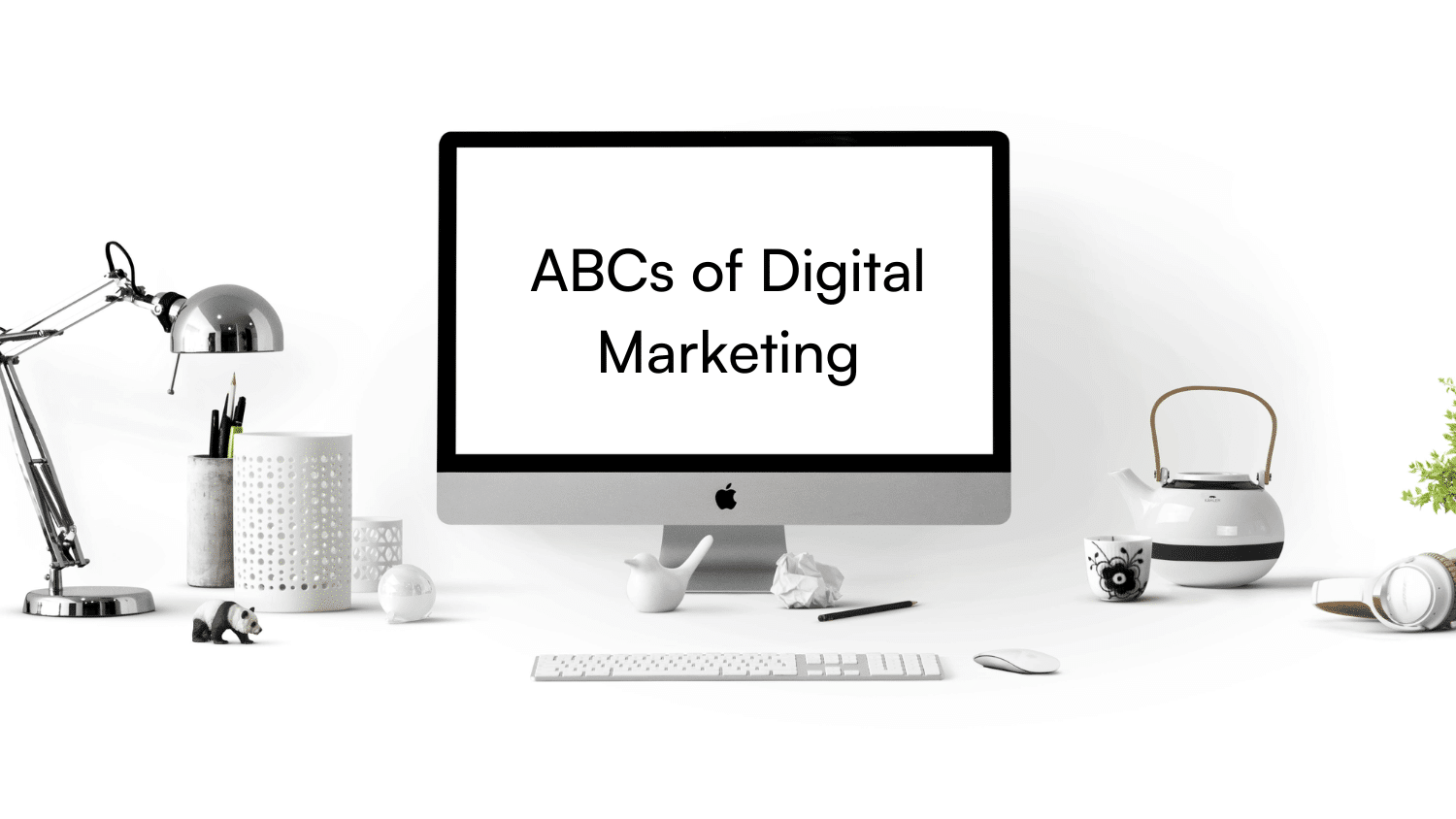Billboards might have their charm but in this fast, quirky age, internet is the bread and butter. The most efficient form of proven marketing today is digital marketing in the world of digital revolution. And every significant revolution has its key concepts. So let’s cross the t’s and dot the i’s of one such new concept- The 7 C’s of digital marketing. There are 7 C’s of digital marketing- Content, Context, Connection, Convenience, Conversion, Credibility and calculation.
The 7 Cs of digital marketing refer to a framework that outlines the key elements of an effective digital marketing strategy. The 7 Cs are:
1. Content
Content is the foundation of digital marketing. It includes creating valuable, relevant, and engaging content such as blog posts, videos, infographics, and social media posts that attract and retain the target audience. The content should be high-quality, informative, and engaging. It should also be relevant to your target audience and their needs. Blog posts providing industry insights or tips for your target audience, Informative whitepapers or e-books on relevant topics. Engaging social media posts with visuals, videos, or infographics & Educational podcasts or webinars on subjects related to your business are important content for your site.
2. Context
Context refers to understanding the circumstances, environment, and mindset of the target audience when they interact with your content or marketing messages. It involves tailoring the content and delivery based on factors like location, device, time, and user intent. Context is all about where and when you deliver your content. The right message at the wrong time can fall flat. Consider the platform you are using and tailor the content accordingly. For example, a short and snappy message might be best for Twitter, while a more in-depth article might be a better fit for a blog post.
3. Connection
Connection involves building relationships with the target audience through various digital channels like social media, email, and online communities. It’s about engaging with customers, addressing their needs, and fostering a sense of loyalty and trust. Respond promptly to comments, mentions, or direct messages on social media platforms. Encourage user-generated content and engage with your audience’s posts. Host online forums, communities, or social groups for your brand’s fans or customers & Offer live chat support or chatbots for real-time customer assistance.
4. Convenience
Convenience is about making it easy for customers to find, access, and interact with your brand, products, or services. It involves optimizing the user experience, offering multiple touchpoints, and providing a seamless customer journey across different devices and platforms. Make it easy for your customers to do business with you. Your website should be easy to navigate and your calls to action should be clear. You should also offer a variety of payment options and make it easy for customers to contact you if they have any questions.
5. Conversion
Conversion is the ultimate goal of digital marketing, which is to convert prospects into customers or to encourage desired actions such as making a purchase, signing up for a newsletter, or downloading an ebook. It involves using effective calls-to-action, optimizing landing pages, and measuring and improving conversion rates. Optimize website landing pages for specific campaigns or promotions. Implement retargeting campaigns to re-engage visitors who abandoned their shopping carts. Use lead capture forms or pop-ups to collect contact information for lead nurturing. Offer limited-time discounts, free trials, or incentives to encourage conversions.
6. Credibility
Credibility refers to establishing trust and authority in the eyes of your target audience. It involves building a strong brand reputation, providing accurate and transparent information, and leveraging social proof such as customer reviews and testimonials. Partner with industry influencers or thought leaders for sponsored content or endorsements. Display trust badges, certifications, or security seals on your website. Maintain consistent branding and messaging across all digital channels.
7. Calculation
Calculation is about measuring, analyzing, and optimizing digital marketing efforts. It involves using analytics tools to track performance metrics, interpreting data, and making data-driven decisions to improve the effectiveness and ROI of digital marketing campaigns. Track website analytics, such as traffic sources, bounce rates, and conversion rates. Measure social media metrics, including reach, engagement, and click-through rates. Analyze email marketing performance, such as open rates, click-through rates, and unsubscribe rates. Conduct A/B testing or multivariate testing to optimize campaigns and improve ROI.
By focusing on these 7 Cs, businesses can create a cohesive and effective digital marketing strategy that delivers value to the target audience, builds strong relationships, and ultimately drives conversions and business growth.


